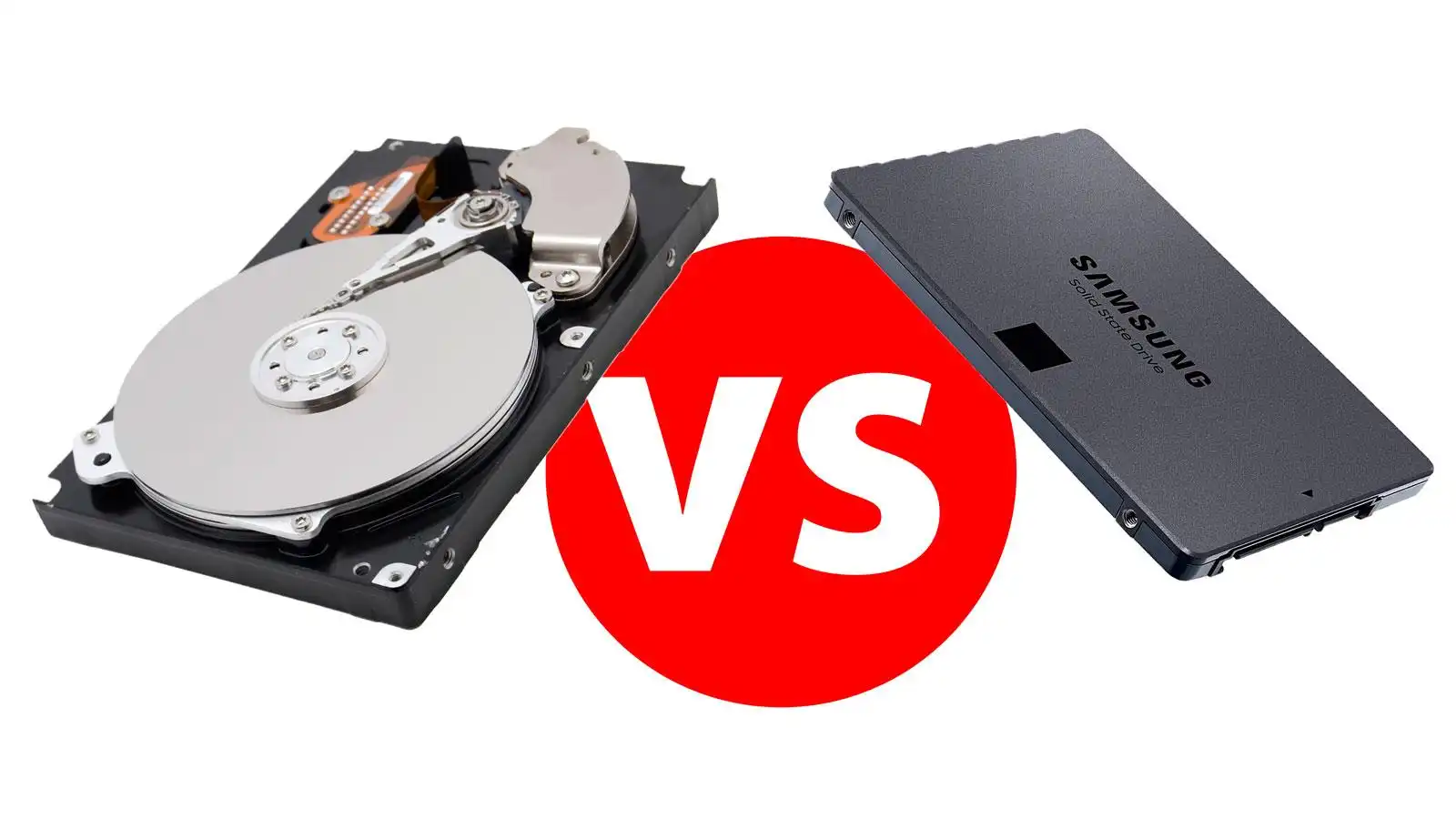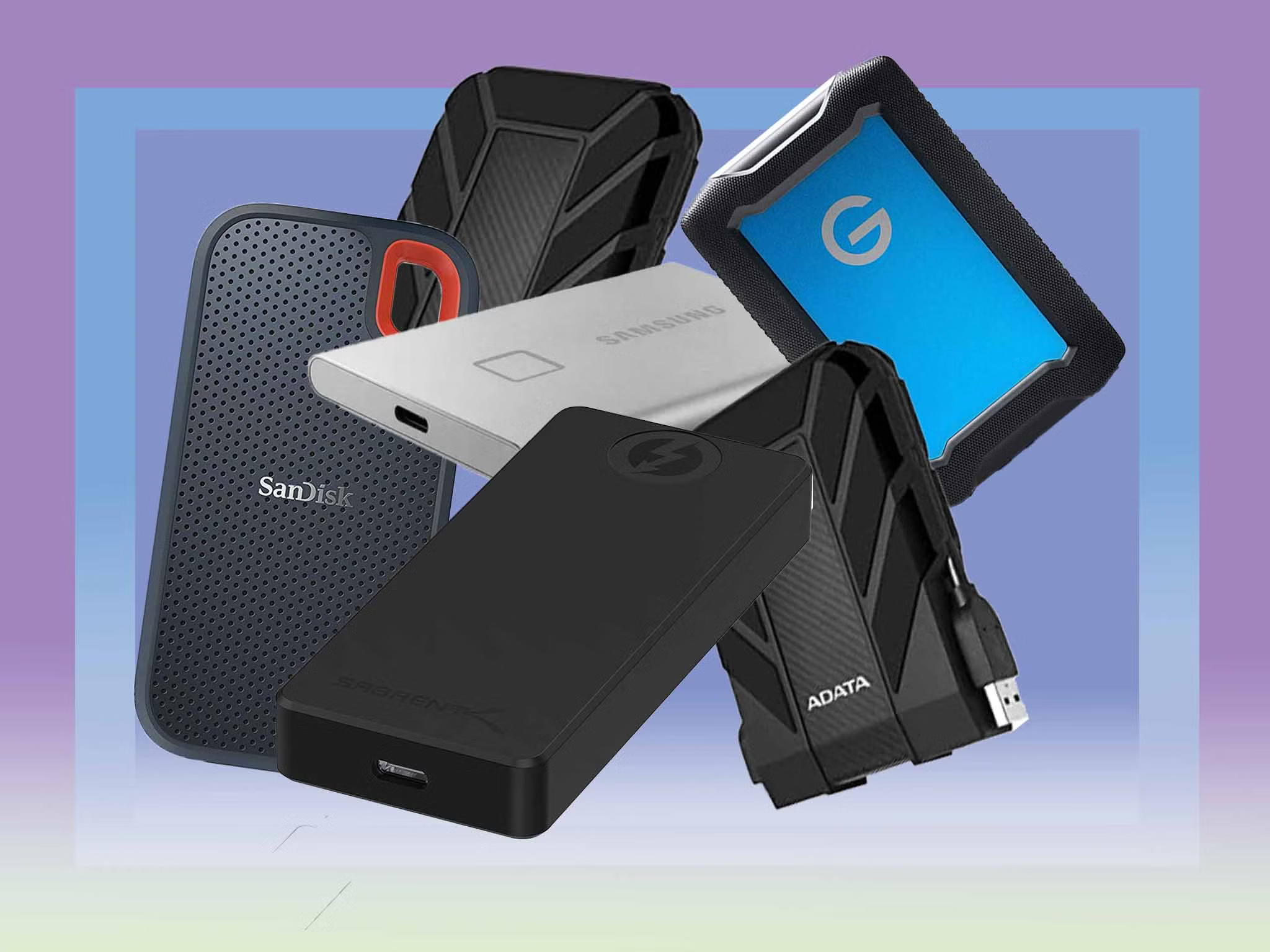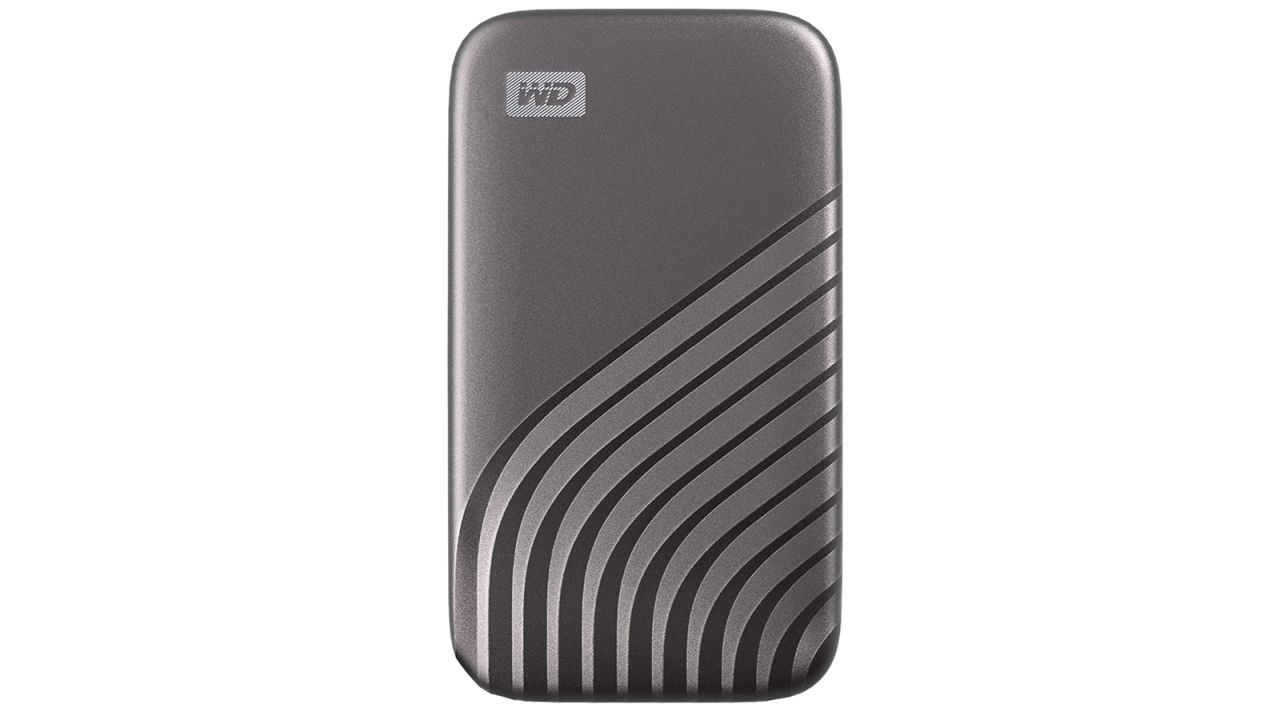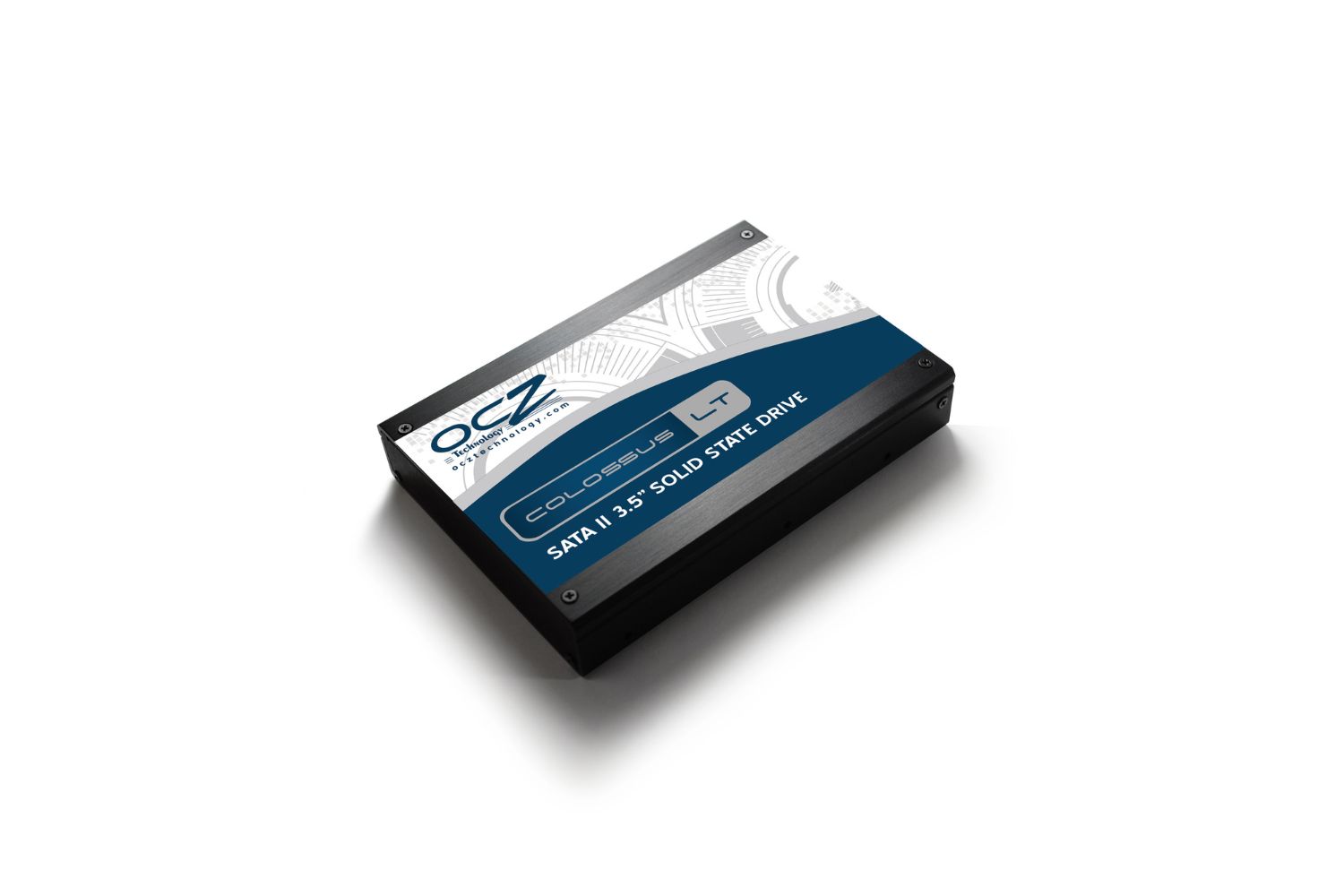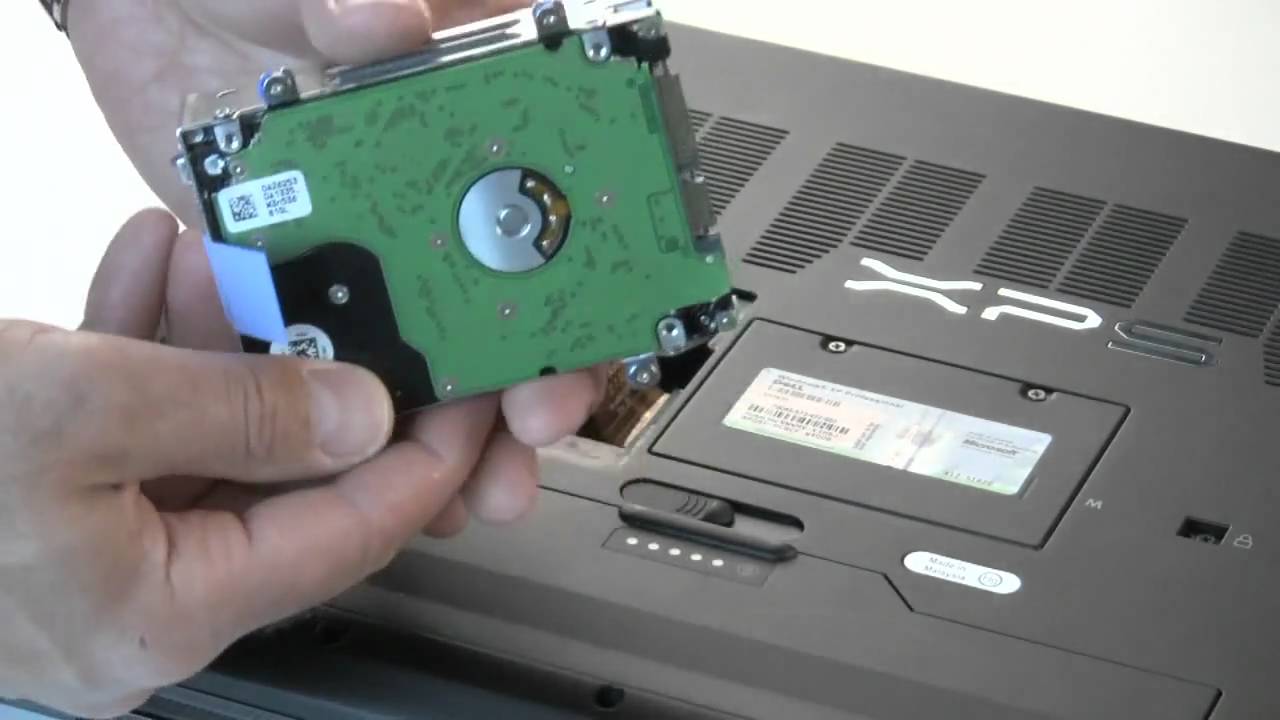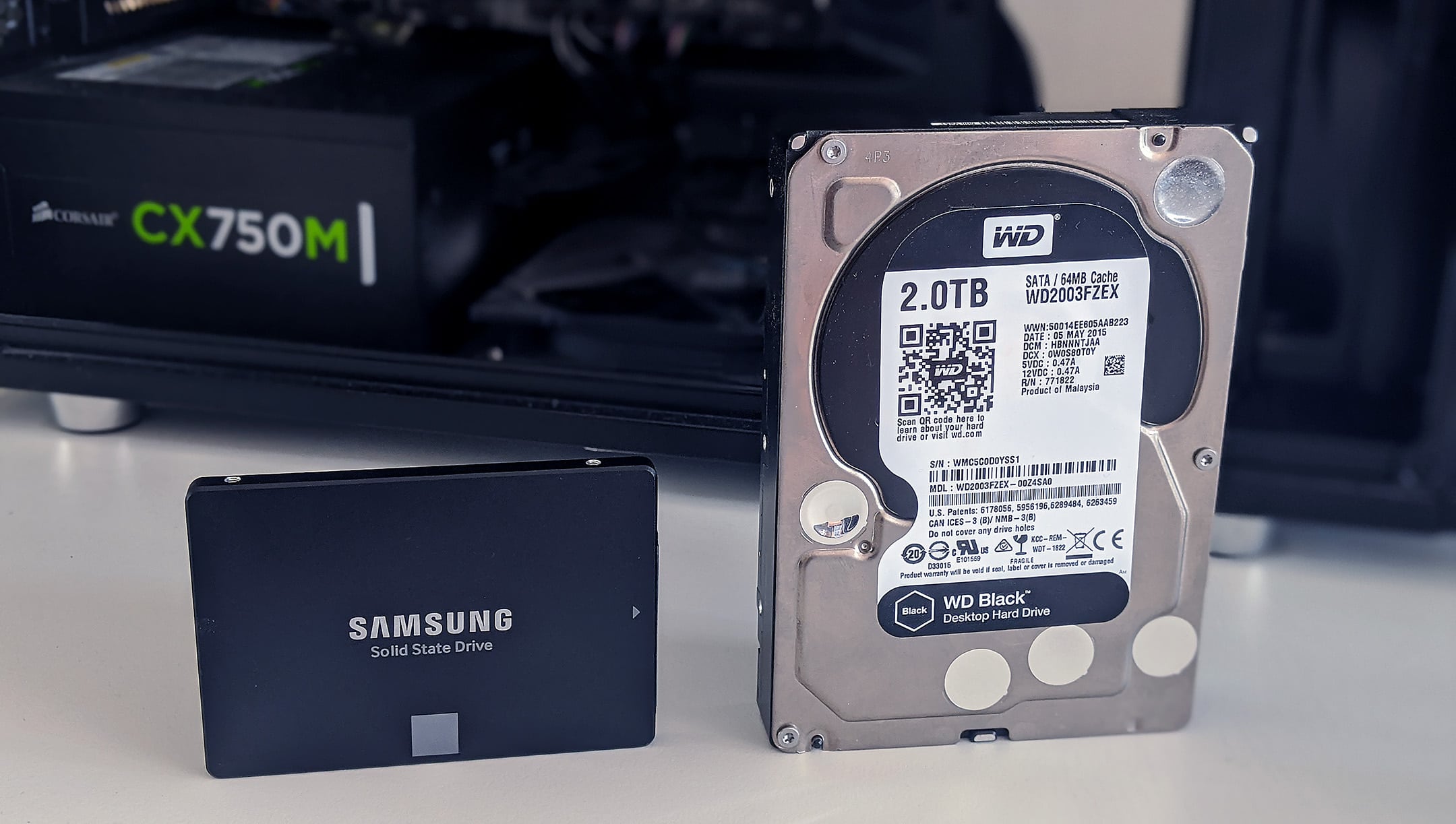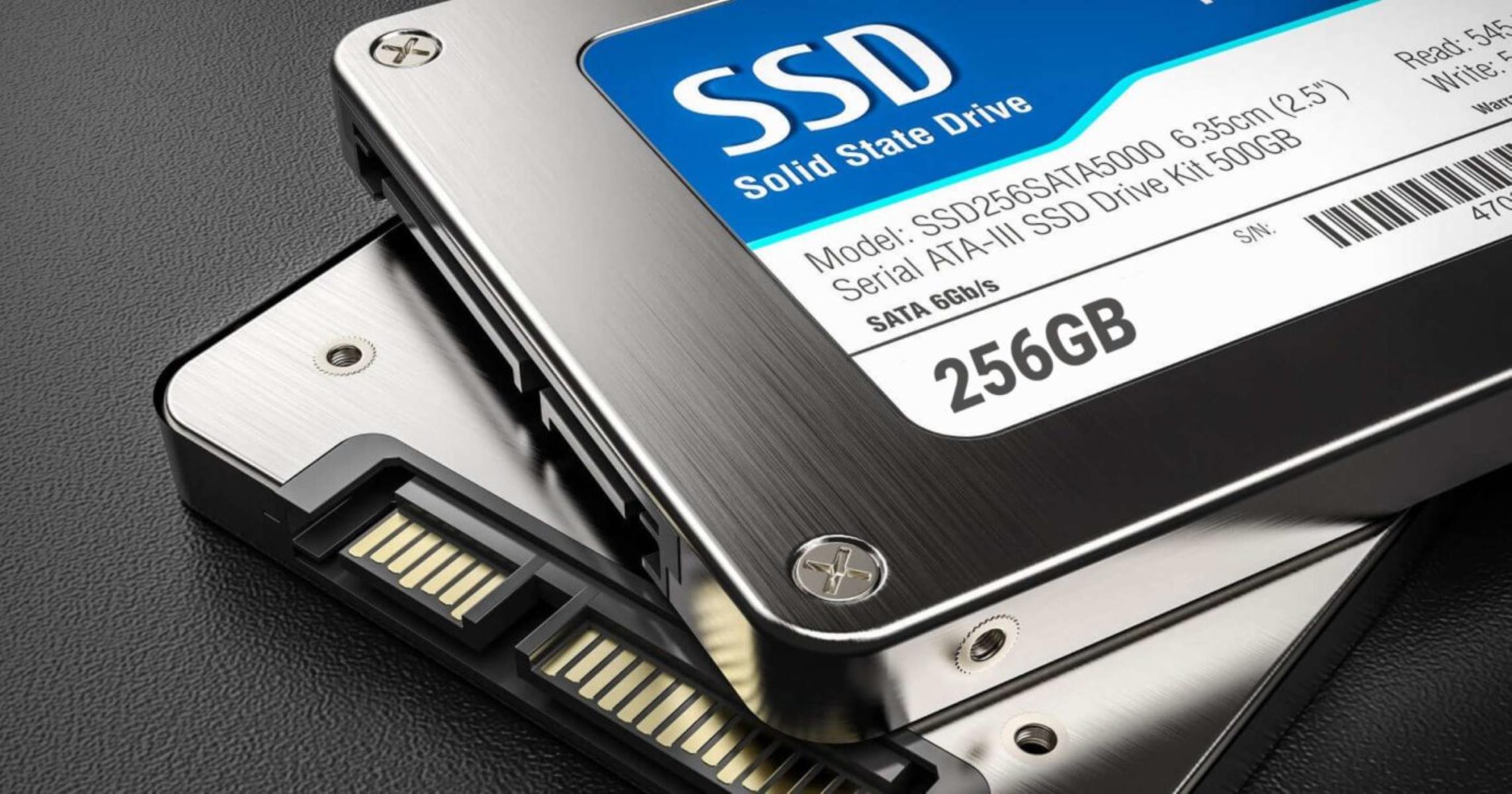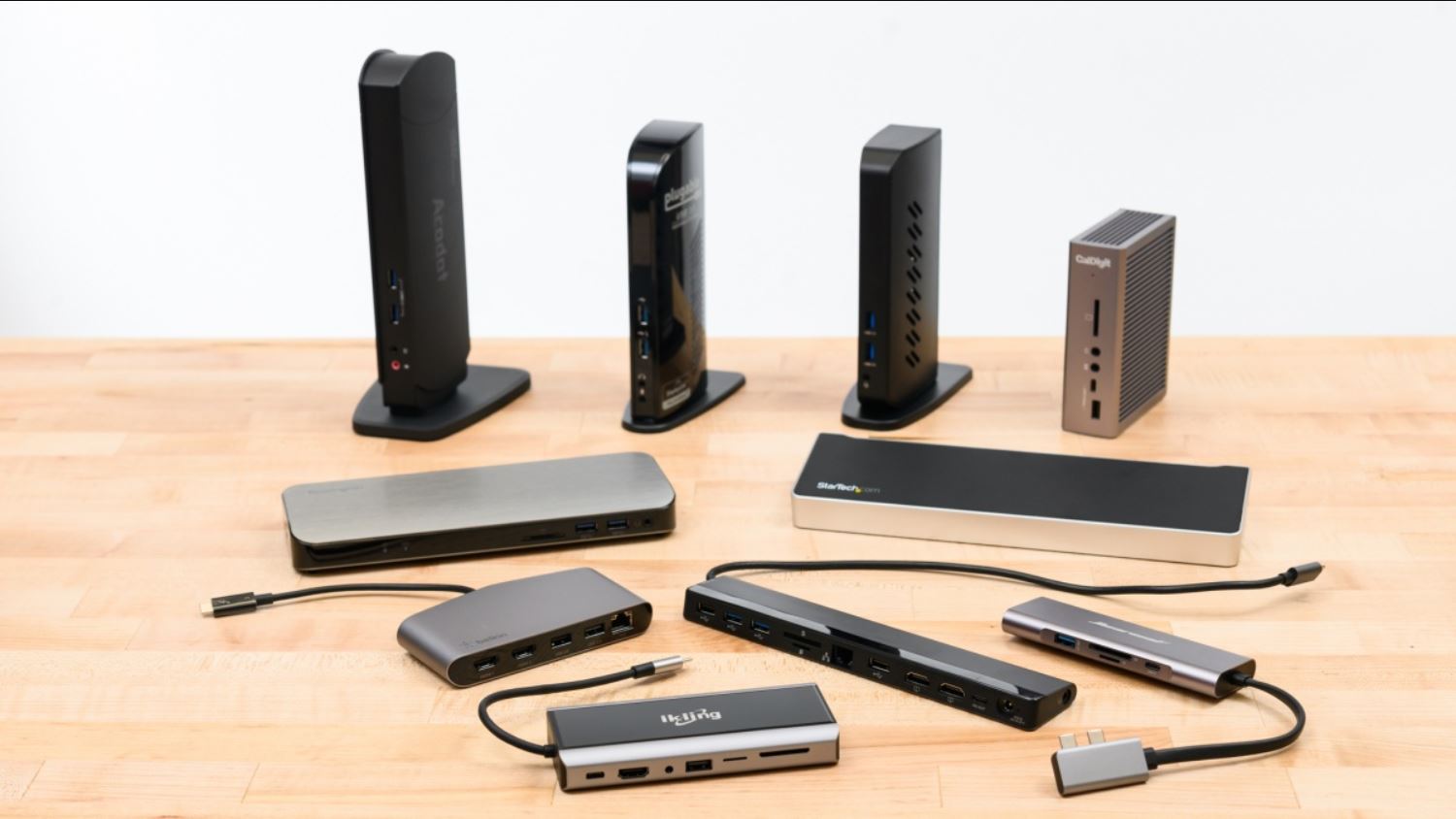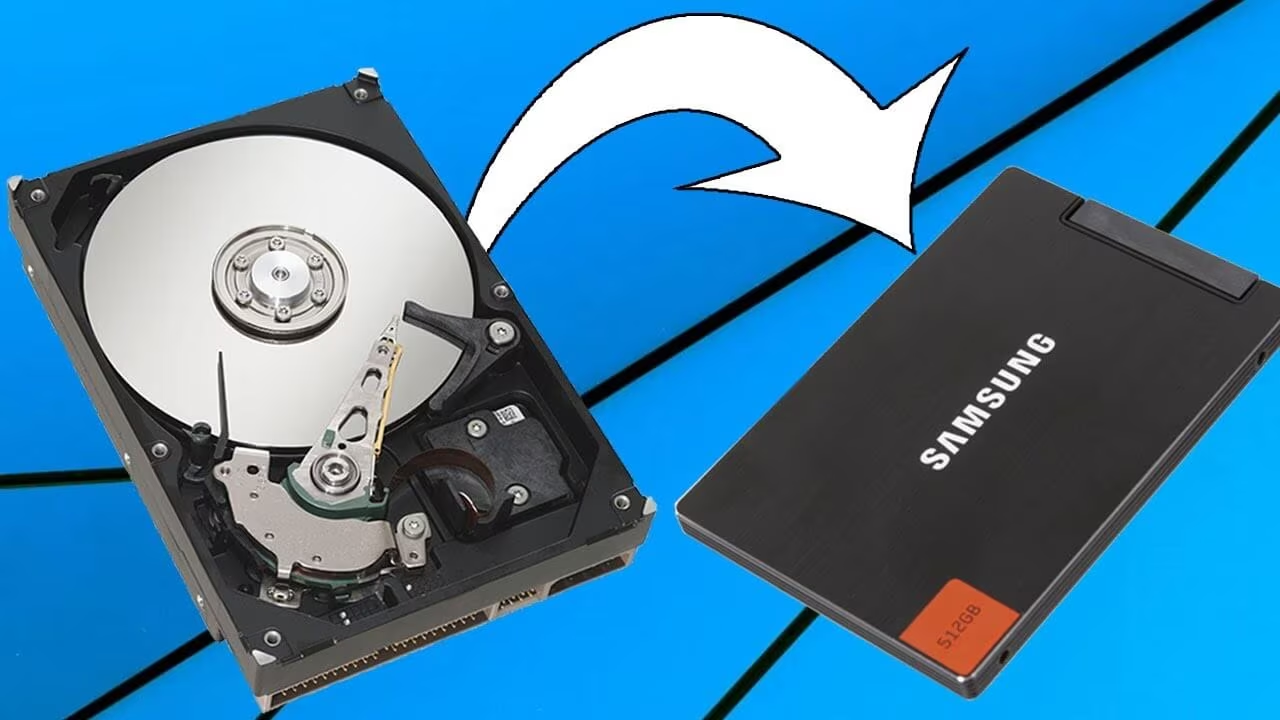Introduction
Welcome to the world of external hard drives, where the age-old battle between Solid State Drives (SSD) and Hard Disk Drives (HDD) continues to rage on. With data storage becoming increasingly crucial in our digital lives, choosing the right external hard drive can be a daunting task. SSD and HDD are the two major contenders, each with its own strengths and weaknesses. In this article, we will delve into the differences between SSD and HDD external hard drives to help you make an informed decision.
SSD external hard drives are known for their lightning-fast performance, while HDD external hard drives are valued for their large storage capacities and affordability. Understanding the pros and cons of each type will be instrumental in determining which one is better suited for your specific needs.
Throughout this article, we will explore various key factors such as performance, storage capacity, durability and reliability, speed and access time, power consumption, noise and vibration, and price. By gaining insights into the differences between SSD and HDD external hard drives in these areas, you will be empowered to make an educated choice.
So, whether you are a tech enthusiast, a professional content creator, or simply someone looking to expand their digital storage options, join us as we dive into the world of SSD and HDD external hard drives and decipher which one reigns supreme.
Overview of SSD and HDD External Hard Drives
Before we delve into the specifics, let’s establish a basic understanding of SSD and HDD external hard drives.
Solid State Drives (SSD) are the newer technology and are known for their speed and performance. SSDs store data using flash memory chips, similar to those found in USB drives and memory cards. This allows for faster read and write speeds, resulting in quick transfer of data and faster overall system performance. SSDs have no moving parts, making them less susceptible to physical damage and reducing the risk of data loss. They also tend to be more compact and lightweight, making them easy to carry around.
On the other hand, Hard Disk Drives (HDD) have been around for much longer and have traditionally been the go-to choice for external storage. HDDs utilize spinning disks or platters coated with magnetic material to store data. They rely on a mechanical arm and a read/write head to access and modify data. While HDDs may not match the speed and performance of SSDs, they offer greater storage capacity at a more affordable price point. They are the ideal choice when large amounts of data need to be stored without breaking the bank.
Both SSD and HDD external hard drives connect to your device via a USB interface, making them compatible with a wide range of devices such as computers, laptops, gaming consoles, and more. They come in various sizes and form factors, ranging from portable drives that can easily fit into a pocket to larger desktop drives suitable for stationary use.
Now that we have a general understanding of SSD and HDD external hard drives, let’s dive deeper into their specific aspects and compare their performance, storage capacity, durability and reliability, speed and access time, power consumption, noise and vibration, and price.
Performance Comparison
When it comes to performance, SSD external hard drives have a clear advantage over HDD external hard drives. The absence of moving parts in SSDs allows for faster data access and transfer speeds. With no mechanical arm to move and no spinning platters to wait for, SSDs can deliver blazing-fast read and write speeds, resulting in significantly reduced loading times for files and applications.
On the other hand, HDD external hard drives are relatively slower due to their mechanical nature. The spinning platters and mechanical arm require time to locate and access data, resulting in longer loading times and slower overall performance. However, it is worth noting that HDDs with higher RPM (Rotations Per Minute) can offer improved performance compared to their lower RPM counterparts.
In terms of random access speed, SSDs outshine HDDs by a wide margin. The ability to access data quickly without any physical restrictions allows SSDs to deliver near-instantaneous access times, making them perfect for tasks that require frequent access to multiple files or applications.
While HDDs may fall short in terms of raw speed, they can still offer sufficient performance for everyday tasks such as storing and accessing large files, backing up data, and running applications that do not require lightning-fast speed. If you are primarily looking for high-speed performance and minimal loading times, SSD external hard drives are the way to go.
Storage Capacity
When it comes to storage capacity, HDD external hard drives have the upper hand. They can offer significantly larger storage capacities compared to SSD external hard drives, making them ideal for users who need to store large amounts of data, such as multimedia files, games, and extensive software libraries. HDDs are available in capacities ranging from several hundred gigabytes (GB) to several terabytes (TB), allowing users to choose the size that best suits their needs and budget.
On the other hand, SSD external hard drives tend to have smaller storage capacities compared to HDDs. Although there are SSDs available in larger capacities, they are often more expensive and may not offer the same cost-effective storage options as HDDs. This limitation can be a drawback for users who require vast amounts of storage space without breaking the bank.
However, it is important to note that SSDs are continuously evolving, and their storage capacities are increasing over time. As technology advances and manufacturing costs decrease, we can expect to see larger SSDs become more accessible and affordable in the future.
Ultimately, the decision between SSD and HDD external hard drives based on storage capacity boils down to personal needs and preferences. If you have a vast amount of data to store and budget is a consideration, an HDD external hard drive may be the more suitable choice. However, if speed and performance are your top priorities and you can settle for a smaller storage capacity or are willing to invest more, an SSD external hard drive may be the better option.
Durability and Reliability
When it comes to durability and reliability, both SSD and HDD external hard drives have their strengths and weaknesses.
SSD external hard drives have a clear advantage in terms of durability. Since SSDs have no moving parts, they are more resistant to shock, vibration, and physical damage compared to HDDs. This makes them an excellent choice for users who need to transport their external hard drives frequently or use them in environments where they may be exposed to rough handling. The absence of mechanical components also reduces the risk of data loss due to component failure or wear and tear.
On the other hand, HDD external hard drives are more susceptible to physical damage and data loss. The spinning platters and mechanical arm make them more vulnerable to shock and movement, which can lead to disk failure and the loss of stored data. While modern HDDs have built-in shock protection mechanisms, they are still more prone to damage compared to SSDs.
In terms of reliability, SSDs have a longer lifespan compared to HDDs. Since SSDs don’t have moving parts, there is less chance of mechanical failure. This results in a longer life expectancy for SSDs, making them a reliable choice for long-term data storage. In contrast, the moving parts and mechanical nature of HDDs make them more prone to failure over time.
However, it’s important to note that SSDs have a limited number of write cycles. Each cell in an SSD can only endure a finite number of writes before it starts to degrade. Although modern SSDs have improved significantly in this regard, it is still worth considering if you plan on using your external hard drive for extensive write-intensive tasks.
Both SSD and HDD external hard drives can offer reliable performance when handled with care. However, if durability and long-term reliability are a top priority for you, SSD external hard drives are the more resilient and dependable option.
Speed and Access Time
When it comes to speed and access time, SSD external hard drives have a significant advantage over HDD external hard drives.
SSD technology allows for lightning-fast data transfer speeds and quick access times. With no moving parts and the ability to access data directly from memory cells, SSDs can deliver unmatched speed and responsiveness. This makes SSDs the ideal choice for tasks that require fast access to data, such as booting up your computer, launching applications, and transferring large files.
On the other hand, HDD external hard drives have relatively slower speeds due to their mechanical nature. The spinning platters and mechanical arm require time to locate and access data, resulting in longer loading times and slower overall performance. This can be particularly noticeable when launching applications or accessing files that are spread across different parts of the hard drive.
The faster speeds of SSDs also come into play when it comes to file transfer and copying. Whether you are transferring a large video file or backing up your data, SSDs can complete these tasks much faster compared to HDDs. This can save you valuable time, especially when dealing with large amounts of data.
Another factor that contributes to the speed advantage of SSDs is their ability to handle multiple read and write operations simultaneously. This makes SSDs well-suited for multitasking scenarios, where you need to access and process multiple files or applications simultaneously without experiencing significant slowdowns.
While HDDs may not match the raw speed and access times of SSDs, they are still capable of providing satisfactory performance for everyday tasks such as storing and accessing files, running software, and playing media files. If you primarily require high-speed performance and minimal loading times, SSD external hard drives are the optimal choice.
Power Consumption
Power consumption is an important factor to consider when choosing between SSD and HDD external hard drives, especially for users concerned about energy efficiency and battery life.
SSD external hard drives are known for their low power consumption. Since they do not have any moving parts, SSDs require significantly less power to operate compared to HDDs. This makes them more energy-efficient, resulting in longer battery life for portable devices such as laptops, tablets, and smartphones. If you frequently use your external hard drive on the go or rely on battery power, an SSD external hard drive can help prolong your device’s battery life.
In contrast, HDD external hard drives consume more power due to the mechanical components involved. The spinning platters and read/write heads require more energy to operate, leading to increased power consumption. While this may not be a significant concern for desktop computers that are constantly connected to a power source, it can have an impact on the battery life of portable devices.
It’s worth noting that newer models of HDDs have introduced features such as low-power modes and energy-saving technologies to minimize power consumption. However, even with these advancements, HDDs still consume more power compared to SSDs.
Overall, if power consumption and energy efficiency are important considerations for you, an SSD external hard drive is the more suitable choice. The lower power consumption of SSDs not only helps conserve energy but also extends the battery life of portable devices. On the other hand, if power consumption is not a significant concern or if you primarily use your external hard drive with a desktop computer, the higher power consumption of HDDs may not be a major drawback.
Noise and Vibration
Noise and vibration can be important factors to consider, especially for users who value a quiet and undisturbed working environment or who use their external hard drives in noise-sensitive settings.
SSD external hard drives have a significant advantage in this aspect. Since they do not have any moving parts, SSDs operate silently and produce no noise or vibration during operation. This makes them the ideal choice for users who require a quiet working environment, such as professionals working in audio or video production, graphic design, or other creative fields where noise interference can be detrimental.
In contrast, HDD external hard drives produce noise and vibrations due to their mechanical nature. The spinning platters and moving read/write heads create a certain level of sound and vibration, which can be noticeable, especially during data access or transfer operations. While the noise level can vary depending on the specific drive and its design, it is generally higher compared to SSDs.
It’s worth noting that the noise and vibration levels of HDDs can vary depending on factors such as rotational speed, drive design, and the efficiency of the damping mechanisms employed. Some manufacturers offer noise reduction features and technologies to minimize the noise generated by HDDs, but they may not completely eliminate it.
If noise and vibration are a concern for you, especially in quiet working environments or noise-sensitive settings, an SSD external hard drive is the preferred choice. The absence of moving parts ensures silent operation, allowing you to work or enjoy your media without any audible disruptions.
On the other hand, if noise is not a significant factor or if you primarily use your external hard drive in a location where the noise generated by an HDD is not a concern, then the noise and vibration produced by HDDs may not be a major drawback for you.
Price Comparison
Price is often a critical factor when choosing between SSD and HDD external hard drives, especially for budget-conscious users.
HDD external hard drives generally have a significant advantage in terms of pricing. Due to their mature technology, larger-scale production, and cost-effective manufacturing processes, HDDs are more affordable than SSDs. This makes HDDs the preferred choice for users who require large storage capacities without a substantial financial investment.
On the other hand, SSD external hard drives tend to be more expensive compared to HDDs. The advanced technology and higher manufacturing costs contribute to the higher price tag of SSDs. The price difference can be especially pronounced when comparing SSDs with similar storage capacities to HDDs.
It is important to note that the price gap between SSDs and HDDs has been narrowing over time as SSD technology becomes more widespread and economies of scale come into play. Additionally, the prices of both SSDs and HDDs can vary depending on factors such as brand, storage capacity, performance, and additional features.
When considering the price comparison between SSD and HDD external hard drives, it is essential to evaluate your specific needs and budget. If you prioritize affordability and require large storage capacities, an HDD external hard drive will likely offer the best value for your money. However, if speed, performance, and durability are your primary concerns and you are willing to invest more, an SSD external hard drive may provide a better return on investment.
Ultimately, the choice between SSD and HDD external hard drives based on price will depend on the balance between your budget and the specific features and benefits that are most important to you.
Conclusion
Choosing between SSD and HDD external hard drives ultimately depends on your specific needs and priorities. Both options have unique advantages and limitations that make them suitable for different use cases.
If you prioritize speed, performance, and reliability, an SSD external hard drive is the way to go. With faster data transfer speeds, quick access times, and high durability, SSDs excel in tasks that require fast data access and multitasking. However, it’s important to keep in mind that they generally offer smaller storage capacities and come at a higher price point.
On the other hand, if you require large storage capacities at an affordable price, an HDD external hard drive is the better choice. HDDs provide ample storage space and are cost-effective, making them ideal for users with extensive multimedia libraries or those who need to store a large volume of data. However, they are slower in terms of data transfer speeds, have longer access times, and are more prone to physical damage.
It’s also worth considering factors such as power consumption, noise, and vibration when making your decision. SSDs consume less power, operate silently, and have no vibrations due to their lack of moving parts. HDDs, on the other hand, have higher power consumption, produce noise, and have noticeable vibrations during operation.
In the end, the choice between SSD and HDD external hard drives boils down to a trade-off between speed, storage capacity, durability, price, and specific use-case requirements. Assess your needs, budget, and priorities carefully to make an informed decision that best suits your requirements.
Whether you choose an SSD or HDD external hard drive, both options provide valuable storage solutions to meet your digital storage needs, ensuring that your data remains safe and accessible whenever you need it.







